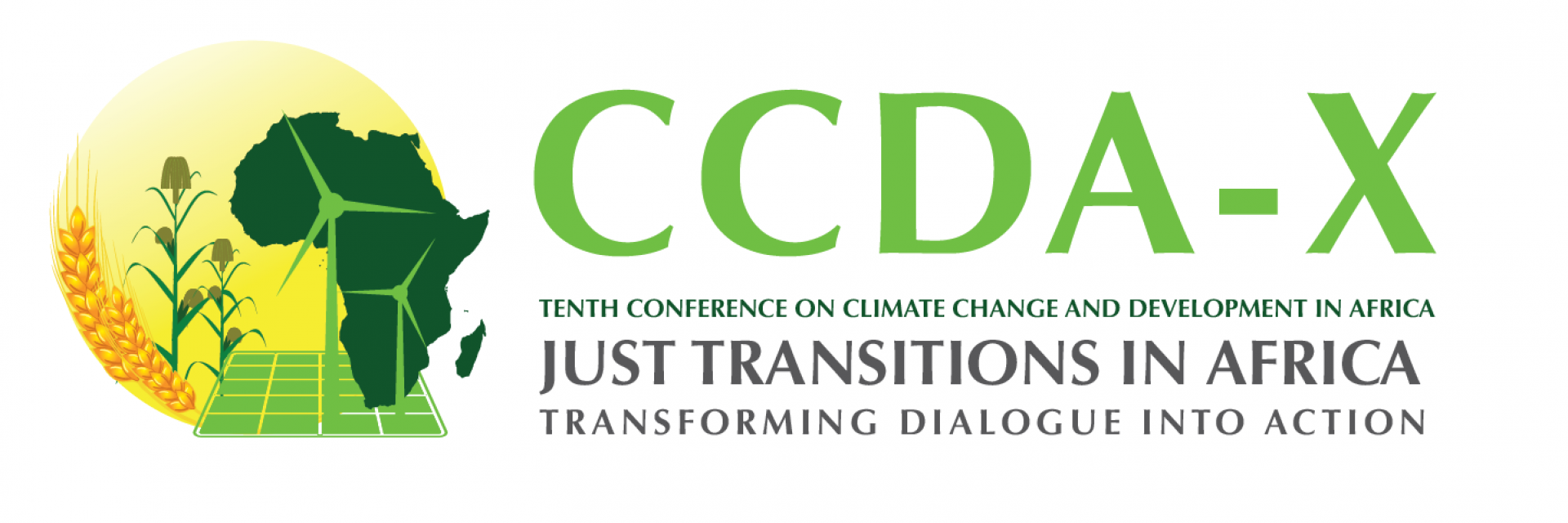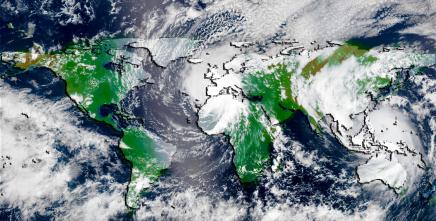Introduction
The world is in the throes of a climatic catastrophe, an existential threat like none other, as its economies relentlessly continue to devour carbon budgets faster than it can restore or replenish. Unprecedented climatic disruption continue to amplify in both frequency and ferocity as low-likelihood, high-impact outcomes precariously take hold. Undoubtedly, climate change is the world’s most urgent challenge. The planet is already feeling the effects of sustained inaction with temperature records increasingly being broken by large margins. New analysis from the World Meteorological Organization’s (WMO’s) most recent Global Annual to Decadal Climate Update underscores that the likelihood of crossing the 1.5OC global temperature threshold has risen significantly (WMO, 2022). There is now approximately a 50:50 chance that the world will warm by more than 1.5OC over the next five years, implying that temperatures between 2022 and 2026 will be between 1.1C and 1.7C higher than pre-industrial levels.
For years, the tendency has been to put off any concerted response to the climate threat, despite clear and growing scientific evidence. As is often the case, the urgent crowded out the important. Yet, WMO’s new record adds to the disturbing and disruptive path that climate change has set for the globe. As long as nations continue to emit greenhouse gases, temperatures will continue to hit frightening heights, oceans will continue to become warmer and more acidic, sea ice and glaciers will continue to melt, sea levels will continue to rise, and our weather will become more extreme. The world needs to urgently respond to the evidence that we are hitting climate tipping points with equally urgent action to decarbonise the global economy and start restoring instead of destroying nature. Read More ...
Tracks
Although just transitions, green growth opportunities and resilience will be the cross-cutting themes of CCDA-IX, there will be parallel tracks organized by strategic sectors related to climate change. The tracks are:
-
Just energy transitions
-
Nature based solutions and carbon markets
-
Adaptation and building climate change resilience
-
Challenges and opportunities for climate financing
-
Green growth opportunities and job creation
-
Food systems and enhancing value chains
-
Youth engagement
The discussions during the parallel sessions will contribute to the cross-cutting themes and its conclusions will be incorporated in the final declaration of CCDA-IX. This call-to-action will be widely disseminated and taken to the climate global high-level events.
In order to provide a platform to confront these issues and formulate actionable recommendations, ClimDev-Africa partners consisting of Africa Union Commission (AUC), African Development Bank (AfDB), United Nations Economic Commission for Africa (UNECA) and the Pan-African Climate Justice Alliance (PACJA), in collaboration with the Government of Namibia, are convening the 10th Climate Change and Development in Africa Conference (CCDA-IX) in Windhoek, Namibia in October, 2022.
Objectives
CCDA-X aims to launch a continent-wide debate on the actions required to bring about a transition that is truly just for Africa as well as how the continent can develop appropriate frameworks to prepare for the just transition. Specifically, the conference objectives will include:
-
Deliberate on the actions required for just transition in Africa, how to finance the transition, as well as the opportunities arising from the just transitions in other regions of the world
-
Leverage African leaders’ voices to mobilize greater international support for a green and resilient recovery in Africa, that includes job creation, enhanced food systems and value creation to benefit local communities via the deployment of sustainable energy to drive growth and investments
-
Increase ambition in NDC (particularly NDC financing) by ramping up the offer on the quantity and the quality of finance for adaptation and mitigation
-
Build momentum on stakeholder engagement and a wider coalition to support a more inclusive transition in Africa
-
Provide a platform for country examples and best practices of just transition strategies on the continent
Format
The tenth Conference on Climate Change and Development in Africa will take place over three days convening the wide range of constituencies and actors engaged in climate change and development in Africa. By uniting different platforms, parallel sessions for dialogue and interaction, the Conference will facilitate and enrich the sharing of lessons, key research findings, outreach and policy uptake, as well as stimulate investment. Crucially, these discussions will crystallize a common position on Africa’s approach to just transitions in the lead up to COP-27.
In addition, there will be side events organized by specific stakeholders, as well as an exhibition fair to show innovations and initiatives related to the themes of the CCDA-X. As has been the tradition of previous conferences, these events will be self-organized forums for various partners and stakeholders to discuss topics that are in line with the theme of the Conference.
This iteration of the CCDA will continue to employ the hybrid model of participation, including virtual and in-person speakers and delegates, as a way to enlarge the outreach. All measures will be taken to guarantee the safe stay in Namibia for all participants that decide to travel. The use of masks will be compulsory, while social distancing will be kept and health and hygiene facilities will be available around the clock. Participants will be updated when registering on the requirements to travel to Namibia.
Participants
CCDA-X will gather a wide range of stakeholders and constituencies, including the following:
-
Policymakers and technocrats, including African parliamentarians and representatives of the ministries of finance and economic planning of various African countries, the African Group of Negotiators on climate change;
-
Research institutions and scientists: Climate Research for Development in Africa and academia, including universities, regional climate centres and research centres;
-
Civil society organizations, including women groups, farmers, youth, indigenous, handicapped, IDP and refugee groups;
-
Local governments, cities and regions’ decision makers;
-
Development partners;
-
International organizations;
-
The private sector.


